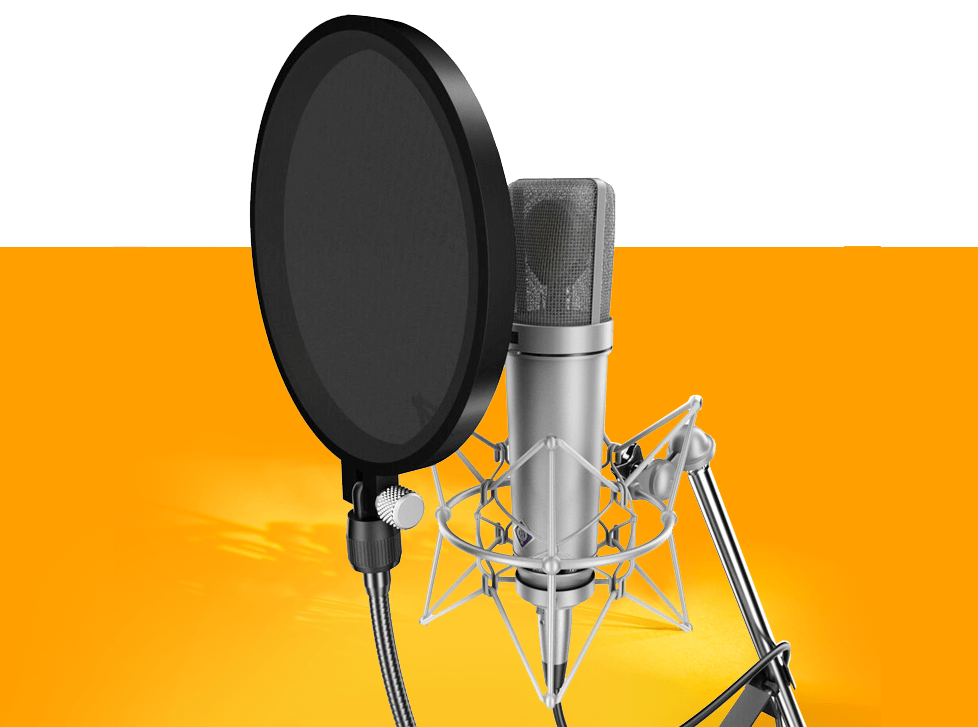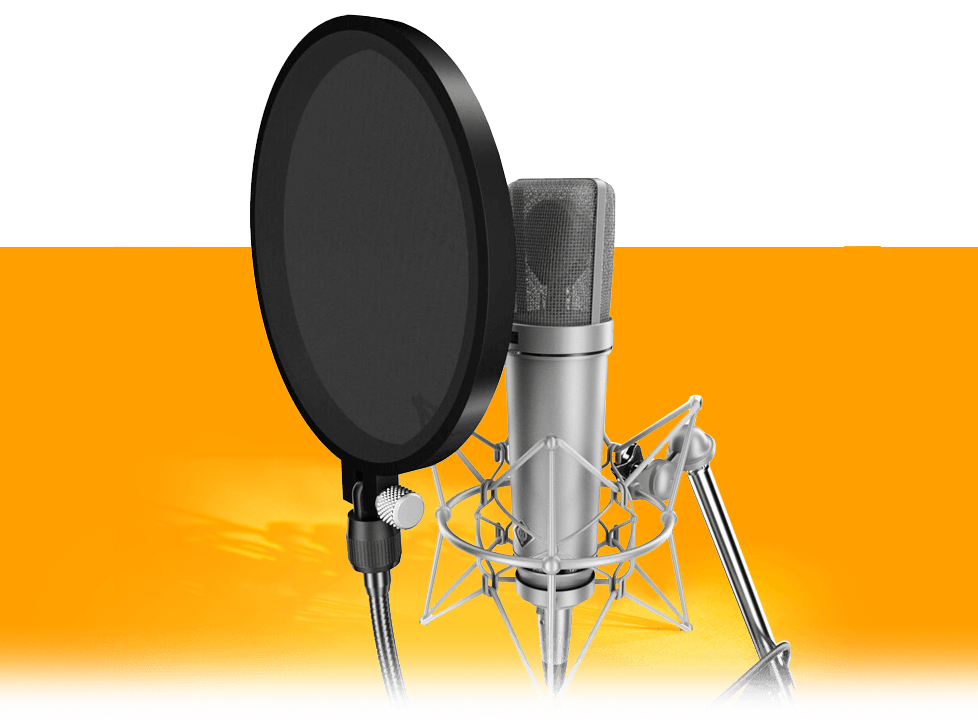Top Strategies to Enhance Your Music Production Skills in 2024
Jeremy Alves | April 25, 2024

Some careers require initial training and minimal to no ongoing education — music production is not one of these careers. Succeeding as a music producer requires continually striving to advance your skills, knowledge, and how you manage your workday.
Music production and engineering schools focus on teaching you the skills necessary to thrive, but music trends and technology never rest. Even once you’re in the industry, you still need to take time to enhance your skills.
Of course, if you’re still in the early days of music production, strategically investing time in establishing and enhancing your skill set will go far in landing your first job. Attending a school of music production in Toronto might not be the only way to get you started with a foundation of all the necessary skills to succeed.
So, keep reading as we explore how you can establish and enhance a broad range of skills necessary to form a lasting career in music production.
Embracing New Music and Sound Production Technologies and Tools
Production in music is driven largely by technology. The way producers craft tracks today is unrecognizable from the processes of the 80s and 90s — embracing and adapting to technology is crucial to enhancing your skills. As new tools emerge, knowing how to use them is how you stay a valuable asset to any production team.
Let’s look at a few ways to stay on top of new developments to keep improving.
Artificial Intelligence and Similar VSTs
Undoubtedly, AI is the latest new technology to affect the music industry. It remains to be seen which AI-driven VSTs will become the industry standard and how other applications of AI might affect music production.
Yet, it’s well worth your time exploring this new wave of AI VSTs to see which ones might be useful in your workflow. Stay aware of what your colleagues, clients, or managers are doing with AI tools as well, including if they don’t want you to use them at all.
Latest DAW Versions
Every few years, there’s an entirely new cycle of DAW versions to learn and explore. Typically, new versions carry over popular features you already use but also introduce entirely new capabilities.
Resist the urge to focus only on what you know from the previous version and dive into anything that was just introduced. Figure out how it works and think about how you might be able to use it during your workflow. Just knowing that the capability exists will go far, as it might come to mind while you’re working on a track.
Virtual Instruments and Sound Libraries
Having more tools at your disposal can go far in boosting your production skills. You’ll be able to expand your specific style and range of possibilities by trying out new VSTs and sounds.
However, try to avoid the mistake of overloading your toolbelt — sometimes it’s better to focus on what you already have and mastering how to use it. Tactful take on more sounds or VSTs as necessary, either once you require them or once you’ve mastered your existing tools.
Live sound schools also teach you how to capture sound, enabling you to capture sounds from the field that can be used in production and become a lasting part of your local sound library.
Composition and Arrangement Techniques
How long should the intro be? How many bars does your genre typically have in a verse? What sounds or styles should you focus on?
Knowing how to compose and arrange your track is a skill you’ll use on essentially every track. We’ll break down a few ways you can enhance these abilities to help improve your workflows and the quality of the end result.
Explore New Genres and Styles
Step out of the genres you produce and generally enjoy to explore something new. You might discover specific attributes of different styles and genres that you can incorporate into your own music.
Each genre has its own standards and styles that help define it. For example, venturing into hip-hop from EDM will expose you to an entirely new range of drum patterns, sampling usage, and melodies.
Listen critically, which we’ll discuss more below, to really take away valuable lessons as you explore new genres.
Practice Critical Listening
Set aside time to listen to music within the genres you typically produce, but don’t listen passively. Shift into a producer's mindset and break down what you’re hearing. Focus on a few key areas, such as:
- What aspects of the song do you like? What do you dislike?
- Why do you like or dislike the specific element?
- Does it evoke any specific emotions or moods?
- Focus on the specific stems - what individual tracks stand out, and why?
You can add anything else along those lines to your critical listening focus list. Take this exercise even further by writing down (or typing up) your thoughts and analysis while listening.
Enhance Workflow Efficiency
While hobby and bedroom producers have the luxury of getting absorbed in music production, those working professionals are at work.
You’ll still need to work efficiently and often be up against a deadline to hit your goals, so we’ll explore a few ways to improve your productivity and effectiveness.
Organizational Techniques
Staying organized is a highly important yet overlooked skill for a music producer. There are a few different ways organizational techniques come into play as a product, which include:
- Managing your collection of sounds: You’ll need to organize your local storage (or cloud) of one-shots, loops, and samples. Since you may end up pulling from this collection on every track, having it easy to navigate and utilize will go far in improving efficiency.
- Project organization: Within the DAW, your decisions on how to label, colour, and generally manage everything going on in a project will go far in keeping you on track. Getting lost in your own project and having to figure out what’s going on can significantly eat into your day or even cause issues that make it to a finished product.
- Budget or resource management: You might have a budget for a given project depending on your exact role. Keeping a project on or under budget requires strict organization of who you hire, samples you buy, and other possible expenses.
Time Management Strategies
You won’t always have the luxury of deciding when to take breaks and how long they should be, such as days working with a recording artist or pushing to meet a deadline. Still, even in these situations, many time management strategies will still be helpful.
However, you’ll have plenty of opportunities to explore the best time management strategies that make sense for you. A few strategies to explore are:
- Prioritization: At the beginning of your project, make a list of everything you need to do. Then, assign a priority to each task so that the lowest priority items could spill into the next day without issue. Now, you’re ready to focus on what matters most for your workday.
- Use a work/break timer: Traditional jobs give you 15-minute breaks every few hours. While you can certainly follow this method, you can also explore different ways to manage when you work and when you take a break. For example, the Pomodoro Technique calls for 25 minutes of focused work, then a 5-minute break. Try it out and other similar ways to manage your workday. This technique is great for keeping your ears fresh and not overworked as you build up your skills.
- Restrict distractions: If you’re easily distracted, explore ways to restrict or remove things that shift your focus away from the task at hand. For example, you might set your phone in the other room or block a social media website on your laptop while you’re working using browser extensions.
Productivity Tools
The right tools at your disposal make all the difference when producing a track and that same principle applies to being productive throughout your day.
Adopting a project management solution, for example, can go a long way in keeping you focused on the most important task. This type of software is also ideal for collaborative projects.
Other tools that tackle the specific challenges we discussed in the above two sections can also be extremely useful. For example, a browser extension that blocks access to distracting sites for a given period of time can help keep you on track.
Go Further with A Music Production Course at OIART
Enhancing your music production skills is an ongoing process of exploration, learning, and growing throughout your career. Prioritizing staying on top of the latest tech, musical trends, learning to work with others, and optimizing workflows will go far in building a lasting career.
Your career begins by establishing these skills and a great way to kick start that process is by attending one of the reputable music production schools in Canada. The right program will prepare you to start working in the field and you’ll know how to strategically enhance your skills over time.
OIART is an industry-respected music production and engineering school with state-of-the-art facilities and experienced instructors, all ready to help you start your next career.
Apply now to take the first step in a fun and challenging career as a music producer.
Ready to Start?
OIART's Audio Program Includes:
✓ Small Class Sizes
✓ On Site Facilities
✓ Industry Leading Instructors
✓ Post Grad Support & Guidance
✓ Exclusive 11 Month Program
Top Reasons Why You Should Choose OIART.
Have Questions?
If you have questions about our audio engineering and music production program or would like to book a tour, we would be pleased to speak with you.
Text Us: 519.200.4151
Apply in 4 Steps!
Step 1: Click apply now.
Step 2: Answer 8 questions about yourself.
Step 3: Upload supporting documents.
Step 4: That's it! You are done.
Your Future Is Sound
OIART is a unique school and program like you’ve never experienced before →


Your Future Is Sound
OIART is a unique school and program like you’ve never experienced before →
Your Future Is Sound
OIART is a unique school and program like you’ve never experienced before →

About Us
OIART is a unique school and program like you’ve never experienced before.
502 Newbold Street London, ON.
Quick Links
School Life
Get In Touch
If you have questions about our audio engineering and music production program or would like to book a tour, we would be pleased to speak with you personally.
*All statements regarding program performance such as Top, Rated the Best and #1 are based on the latest KPI survey results for graduation rate, graduate satisfaction rate, and graduate employment rate.
O.I.A.R.T. Inc. | Privacy Policy | Sexual Violence and Harassment Policy | Terms of Use | Website design by Plasmid144 Digital Marketing
All Rights Reserved
